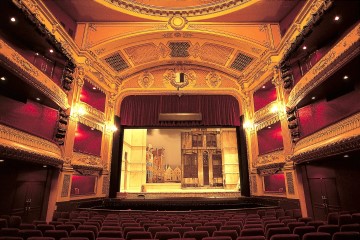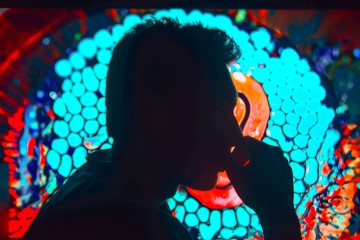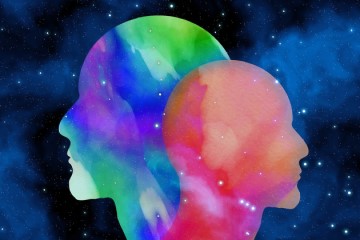Literature, Language and Translation
The analysis of the written and spoken word is central to understanding how our world is, and has been, shaped and understood.
Academics from across the Faculty of Arts interrogate the literature and language of multiple cultures as literary product, historical source and cultural artefact. Their research ranges from antiquity to the present day, across a wide variety of departments and often in conjunction with other research institutes.
English and Comparative Literary Studies and the Warwick Writing Programme
The English and Comparative Literary Studies department has taken an international, leading role in re-invigorating the study of Comparativism in world literature. They have also been instrumental in developing the field of Poetry and Politics, leading to major Leverhulme Research grants. The Warwick Writing Programme (now part of the newly-formed School of Creative Arts, Performance and Visual Cultures) has also generated new creative outputs, from novels to poetry to new works in translation.
Classics and Ancient History
The department has developed its specialism in ancient literature and thought across both Greek and Latin literature, including winning a British Academy Global Fellowship to bring further expertise on ancient Greek theatre to Warwick.
The School of Modern Languages and Cultures
The study of language and literature from across the globe is exemplified by the winning of European Research Council grants for topics from vernacular Aristotelianism to African Philosophy (in conjunction with institutes in London, Venice, Paris and Prague). In keeping with the Faculty’s commitment to the development of the Digital Humanities, the former project produced a digital database as a legacy of the research.
Making an impact...
Research emerging from the department of English and Comparative Literary Studies has resulted in an exciting collaboration between literary and theatrical scholars and clinicians and researchers in psychiatry and neuroscience, using the work of Samuel Beckett to interrogate current concepts of mental disorder. Beckett has long been read as a writer who asks questions of the locus of the human, and the relationship between literature and society’s deepest sense of itself. This project extended this tradition into a new arena, using Beckett’s work as a test case to ask specific questions of the relationship between literature, theatre and the scientific and medical understanding of the mind.
Find out more about this research theme in the Centre for the Study of the Renaissance.
Literature, Language and Translation relates to our research themes of Histories, Creativity and Theory and Understanding the Human.









